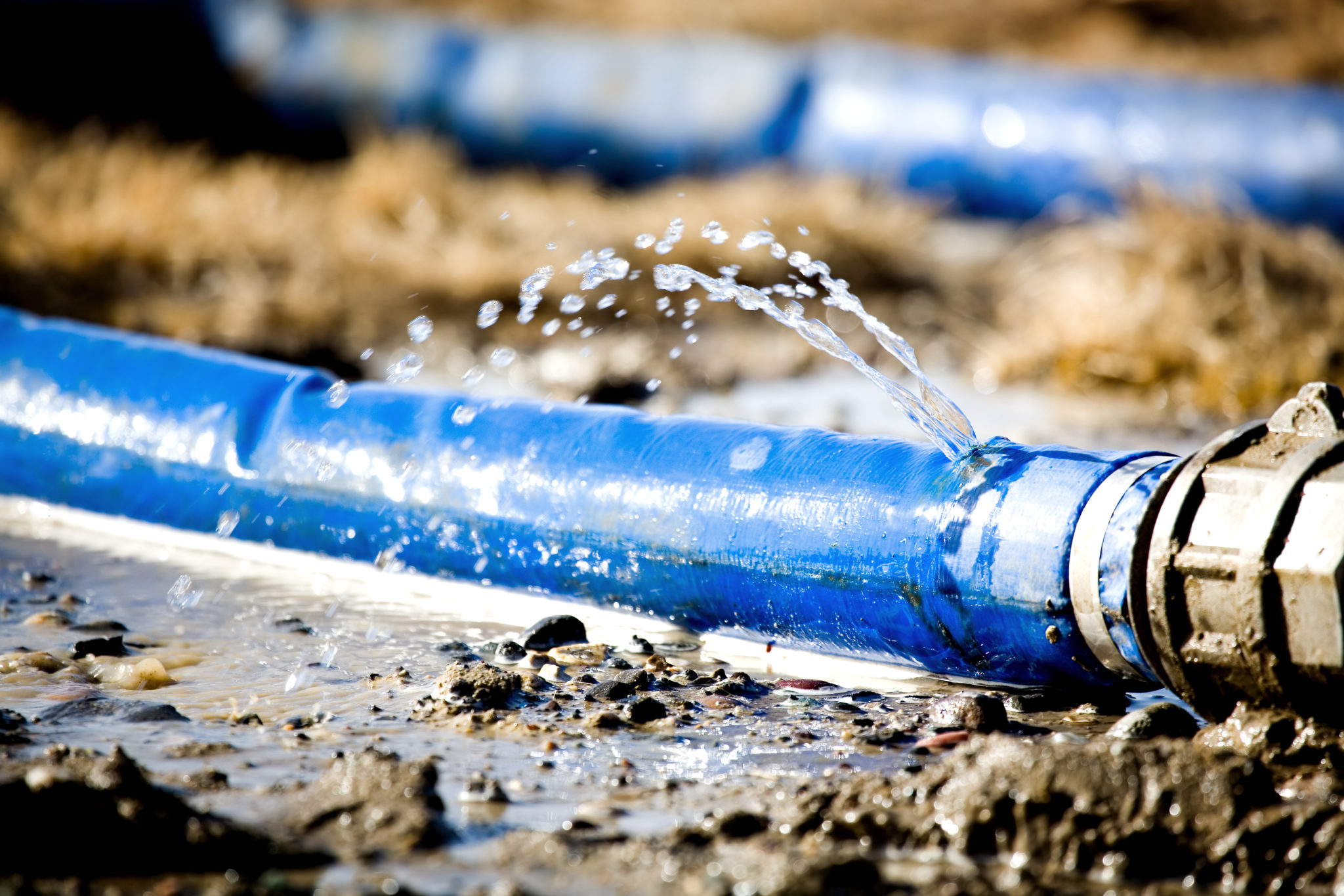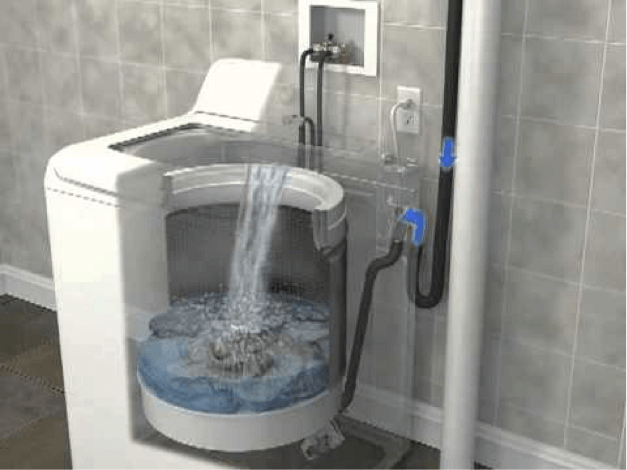Effective Ways To Handling Leaking Water Pipes - Minimizing Damage
Effective Ways To Handling Leaking Water Pipes - Minimizing Damage
Blog Article
How do you actually feel on the subject of Do s And Don ts For Homeowners Managing With Water Damage?

What should you do if a water pipeline ruptureds in your house? The longer you wait, the extra serious the damages that can happen to your property. For these factors, you require to learn exactly how to act in the occasion of a burst water pipe.
Turn off the Key Waterline Valve
The first thing to do? Close the shut-off shutoff. Seek the local shut-off valve to shut off the water in one details location just. If you don't know where the localized shut-off valve is, go with the primary water line valve and also transform it off. This action will remove the water promptly in your whole residence. Typically, the major valve is located outside the house alongside the water meter. If it's not there, you can also locate it in two locations: in the cellar at eye level or the first flooring on the ground. Typically, builders placed the shut-off valve generally ground level washroom or right alongside it.
Call Water Damage Remediation Pros for Assistance
After closing the water source, call the experts for assistance. This circumstance is not something you can do some DIY since the pipes required to be dealt with and also there is a requirement to attend to the other damages to your residential or commercial property. Seek aid from a respectable firm providing 24/7 emergency services if you can not cope. With their specialist assistance, you can avoid much larger water damages including distorted walls, loosened tiles, or damaged frameworks. Do not take this problem lightly as well as look for specialist guidance for your complete comfort as well as a credible service.
Paper the Damage For Insurance coverage
While you're waiting on the pros to arrive, get some documents of the damages triggered by the errant pipeline. Take photos as well as videos of every little thing. Do close-up shots of the harmed spots and also belongings. Your documentation will certainly function as proof for your house owner's insurance. Maintaining proactive with this scenario helps you to sue for protection, which will additionally support you and also your household to get back on your feet.
Salvage Things That Can Be Conserved
Check out the harmed things and also take out the most vital ones from the pile as soon as you're done taking images. Dry them off in a dry/warm area far from the damaged area and try to maintain them as high as you can. Drag as much wetness as you can to the material so it can begin to dry out.
Beginning the Drying Refine
You need to start the drying out procedure immediately. Fortunately, the water from your waterlines is currently tidy so you don't need to fret about drain water. However, the moving water may have interrupted the dirt and debris in your floorboards and rugs. In this instance, put some gloves on and also start some damage control. Usage buckets to discard out the water. Remove as much water as you can from the surfaces with old towels. Switch on an electrical follower or open your windows to promote air flow. These actions will certainly hasten to dry as well as prevent mold and mildew and also mildew growth.
Experts are the only individuals qualified to examine correctly as well as fix the burs pipes and also subsequent damage. They generally give silent red flags like gurgling paint, water discolorations.
What should you do if a water pipe bursts in your residence? For these factors, you need to learn exactly how to act in the occasion of a ruptured water pipeline. After closing the water source, call the professionals for assistance. With their professional assistance, you can protect against a lot bigger water damages consisting of deformed walls, loosened floor tiles, or harmed frameworks. The good news is, the water from your waterlines is currently tidy so you do not have to fret regarding drain water.
How to Handle a Burst Pipe and Minimize Damage
Steps to Take Ahead of Time
If you own property in an area that experiences cold weather, you need to be aware of seasonal maintenance tasks that will help you protect your property as the weather changes each year. One of the most important steps is to winterize your pipes to ensure they won't freeze or burst when the temperature drops. This includes action items like insulating any exposed pipes, detaching garden hoses and covering outdoor faucets. If the weather gets cold enough, you may even consider leaving a faucet dripping or opening cabinet doors during the coldest parts of the day.
No matter how prepared you might be, accidents and emergencies still happen. You'd be wise to set up a savings account specifically for your property so you have a "rainy day" fund set aside for unexpected expenses. All homes regardless of age, location or condition will inevitably need some form of emergency repair.
Steps to Take for Frozen Pipes
A frozen pipe will not necessarily burst, so if you can catch a frozen pipe early on, you could save yourself a major headache. When your area experiences frigid temperatures, be sure to check your plumbing and keep an eye out for warning signs like faucets only releasing small amounts of water or toilets not refilling when flushed. If you do run into one of these issues, you're likely dealing with a frozen pipe.
If this happens, your first step should be to cut off the water supply to that section of the plumbing. Expanding and freezing water can quickly cause damage. Even if the water supply is shut off, you will likely still deal with some leaking from the water that defrosts after the pipe has thawed. Be prepared with a mop, bucket and/or towels to quickly soak up any excess water.
In order to thaw a frozen pipe, you can use a space heater, infrared or incandescent heat lamp, or even a hairdryer to warm up the frozen area. Heat tape is also an option and should be used according to manufacturer instructions. Do not use any sort of open flame to thaw frozen pipes, as it poses a major fire hazard and can damage your pipes further.
Steps to Take for a Burst Pipe
Water damage claims are the second most common insurance claim in the U.S. When you're dealing with a frozen pipe, the water continues to expand as it freezes, which creates pressure that can cause a pipe to burst. When this happens, the crack or leak in the pipe allows water flow from the pipe to enter your home where it shouldn't. If a pipe does burst, you need to act quickly to mitigate property damage and repair cost.
Your very first step should be to shut off your main water supply to minimize flooding typically the most expensive damage to address. Once you've shut off the water supply, make sure you identify the entire area that has been impacted by the leak. Remove as much water as possible as quickly as possible using a mop, sponges, towels or a shop vacuum or wet/dry vacuum. To prevent long-term damage due to moisture build-up, run a dehumidifier or fan in the affected area. Contact a licensed plumber to ensure the pipe is correctly repaired before running any water to that section of the home again. Burst pipes and the associated water damage are something you absolutely want to avoid as a property owner. If you've had to learn your lesson the hard way, don't let yourself get caught in a similar situation during the next spell of cold weather. The best way to deal with frozen or burst pipes is to prevent them in the first place proactive winter maintenance will save you time, money and a whole lot of stress.

Do you appreciate reading about Do s And Don ts In Case Of Water Damage? Try leaving a remark directly below. We will be pleased to hear your views about this page. We hope that you visit us again in the near future. Are you aware of anybody else who is fascinated with the topic? Feel free to promote it. Many thanks for your time. Visit again soon.
Give Me A Quote! Report this page